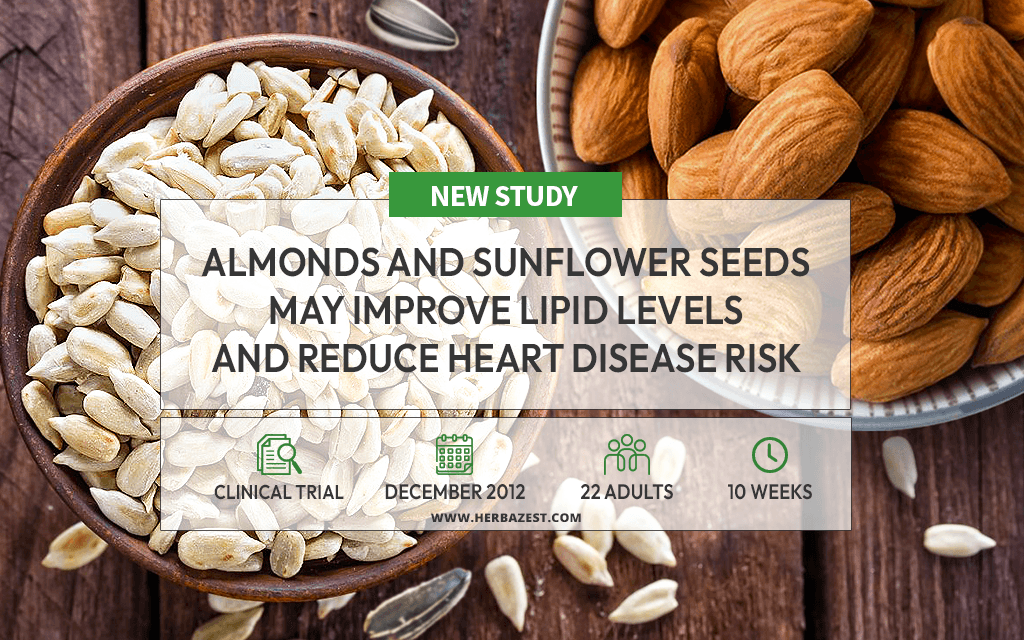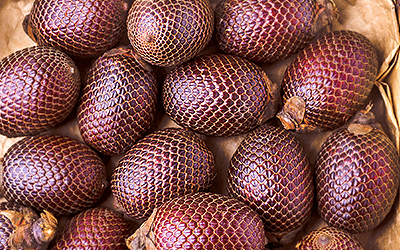Small, nutrient-packed, and easy to enjoy by the handful, nuts and seeds often punch above their weight when it comes to health benefits. Their rich profiles of unsaturated fats, fiber, vitamins, and antioxidants have earned them a regular spot in heart-smart diets. But not all seeds and nuts work the same way in the body. A study sheds light on how two popular choices, almonds and sunflower seeds, support cardiovascular health, offering slightly different benefits with every bite.
The Study
Researchers in New Zealand designed a randomized crossover study involving 22 postmenopausal women diagnosed with type 2 diabetes. Participants followed a personalized, balanced diet supplemented with 30 grams of either almonds or sunflower seeds daily for three weeks. After a four-week washout period, the groups switched. All meals were provided during each phase, and a wide range of health markers was carefully tracked before and after, including cholesterol, blood sugar, blood pressure, and weight.
The Results
Both almonds and sunflower seeds led to notable improvements in heart health markers. Total cholesterol and LDL (“bad”) cholesterol levels dropped with both interventions. Almonds stood out for helping maintain HDL (“good”) cholesterol, while sunflower seeds proved more effective at lowering triglycerides and apolipoproteins, which are linked to increased cardiovascular risk.
Additional benefits included modest reductions in blood glucose, HbA1c, blood pressure, and body weight, all achieved without changes to medication or major lifestyle overhauls.
What Does this Mean?
Almonds and sunflower seeds offer distinct benefits for heart health and everyday nutrition. Rich in monounsaturated fats, almonds support healthy HDL levels. Higher in polyunsaturated fats, sunflower seeds help reduce triglycerides. Including a combination of both can offer well-rounded cardiovascular support, particularly for women who are at an increased risk of heart disease during the menopausal transition.1
Other nutrient-dense, heart-supportive options include flaxseed, chia, walnuts, and sesame seeds, small foods that can make a meaningful impact on long-term wellness.
Sources
- ISRN Nutrition, Markers of Cardiovascular Risk in Postmenopausal Women with Type 2 Diabetes Are Improved by the Daily Consumption of Almonds or Sunflower Kernels: A Feeding Study, 2012
Footnotes:
- Current Problems in Cardiology. (2023). Gender and CVD – Does It Really Matters? Retrieved March 21, 2025, from https://www.sciencedirect.com/science/article/abs/pii/S014628062300021X





